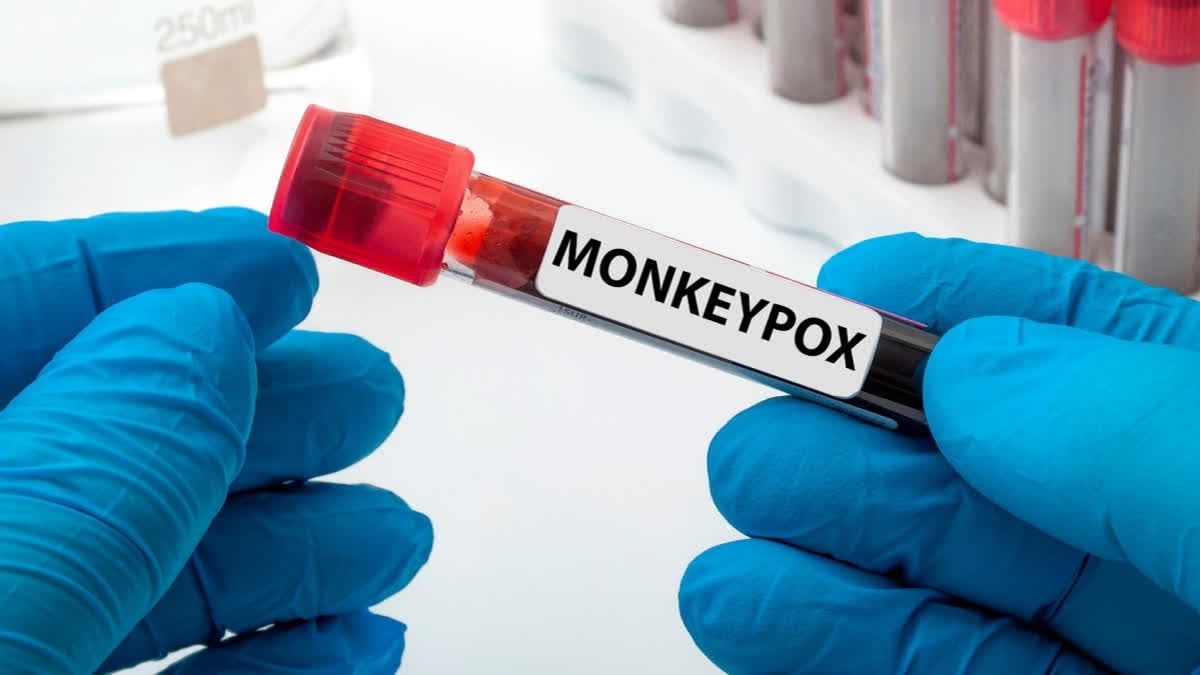Scientists Uncover Breakthrough Diagnostic Tool Against Monkeypox Virus

New Delhi, [Indian Date] - A groundbreaking research has been unveiled by scientists at the Jawaharlal Nehru Centre for Advanced Scientific Research (JNCASR), an autonomous institution under the Department of Science and Technology (DST). The innovative approach, which identifies novel therapeutic pathways and develops advanced diagnostic tools, is expected to significantly improve our understanding of the Monkeypox Virus (MPV) and its rapid spread across the globe.
Recently renamed as Mpox virus, MPV has been declared a Public Health Emergency of International Concern (PHEIC) twice within the past three years. This alarming trend has raised concerns about modes of transmission and symptoms, underscoring the need for more effective diagnostic tools and therapeutic strategies.
MPV is a double-stranded DNA virus with unique characteristics that make it challenging to detect. Current techniques rely on polymerase chain reaction (PCR) methods, which ampify dsDNA using fluorescent probes. However, traditional PCR methods have limitations in differentiating specific and non-specific amplification products, leading to false positives.
According to the research team, distinctive noncanonical nucleic acid conformations known as G-quadruplexes (GQs), found in guanine-rich sequences, hold great potential as targets for small-molecule fluorescent probes. The researchers have identified four highly conserved GQ-forming DNA sequences within the MPV genome and successfully detected one specific sequence using a tailored fluorescent probe.
This breakthrough is significant, as it enables precise detection of MPV in clinical specimens with high specificity. The GQ sequences identified are stable under physiological conditions, highly conserved, and absent in other pox viruses, pathogens, and the human genome. These characteristics make them valuable targets for developing diagnostic tools and therapeutic interventions.
The discovery is attributed to the development of a fluorogenic molecular probe (BBJL) by researchers Sumon Pratihar, Ramjayakumar Venkatesh, Mohamed Nabeel Mattath, and Thimmaiah Govindaraju. The BBJL delivers over 250-fold enhancement in fluorescence output upon binding with MPV GQs specifically MP2, marking the first practical demonstration of a GQ-targeted diagnostic approach for MPV detection.
The research underscores the innovative applications of noncanonical nucleic acid structures in scientific advancements. Building on their modular diagnostic platform initially developed for detecting SARS-CoV-2, the researchers have demonstrated versatility by identifying MPV-specific GQs with a novel fluorogenic probe.
